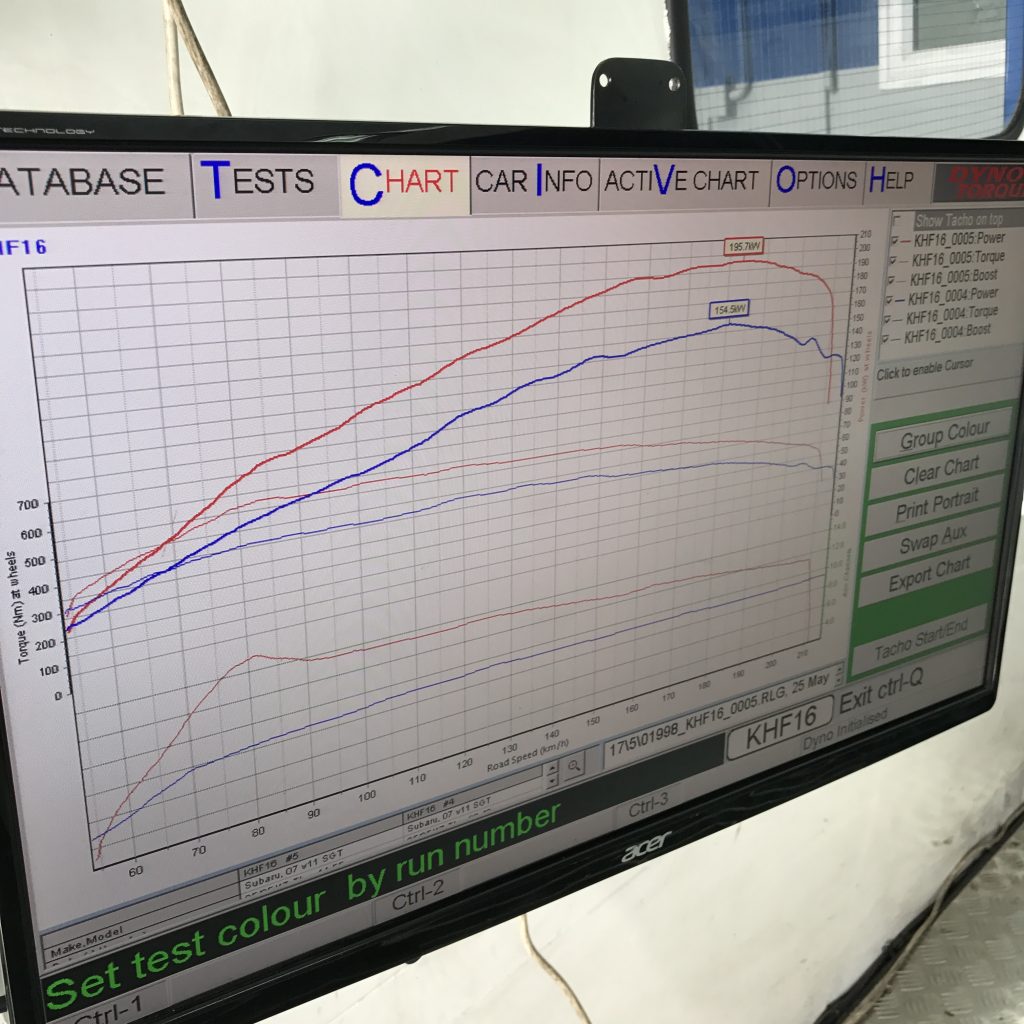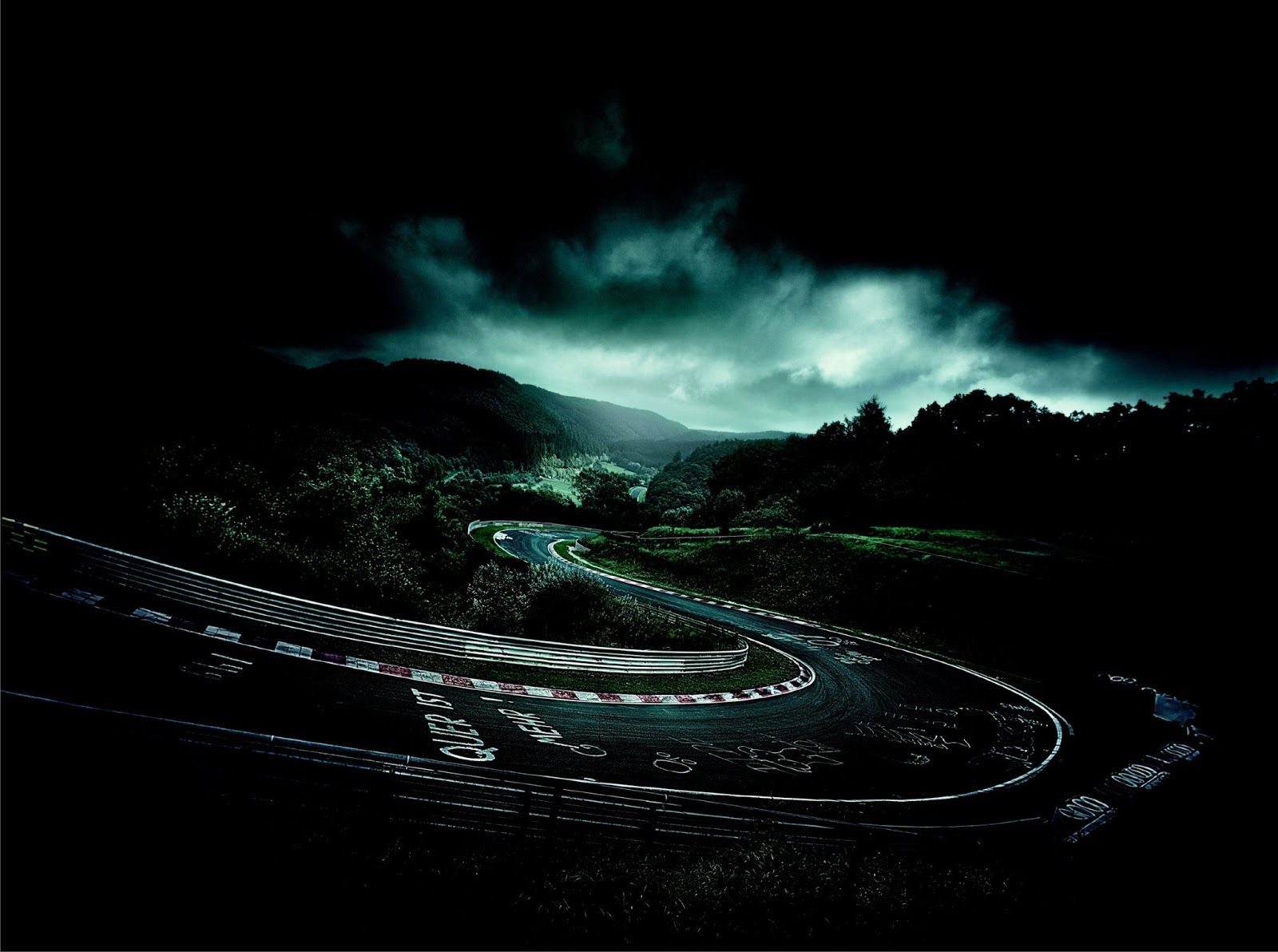Fuel Quality for Performance
`
What is Octane Rating?
Described simply, Octane rating is the number or rating given to a fuel relating to it's knock resistance. The higher the number, the higher the resistance it will have to knock.
Great, what is knock then and why should I be concerned about it?
Knock, detonation, pinging or pinking and pre-ignition all fall under the 'knock umbrella and are the biggest killers of performance engines. These are all variations of uncontrolled combustion in an engine. They create high pressures which act like mini explosions inside your engine. Knock can kill an engine instantly if it's bad, or over a long period of time if it's less severe.
So if I use a higher Octane fuel, i'll be fine?
You're more likely to be fine, but there are always exceptions. Knock, preignition and detonation can be caused by many factors including (but not limited to) fuel quality (and age for that matter), engine design and condition, tune, fuel supply and boost level.
What fuel should I run in my car?
Unless otherwise specified by your vehicle manufacturer, engine builder or tuner, we recommend you use the highest Octane that is easily available to you. For most of the cars we deal with, that means 98 Octane fuel.
Will I make more power if I run a higher Octane fuel?
Good question, yes and no. This is dictated by your specific engine setup and ECU. Some factory car computers have the ability to increase (or decrease) an engines performance if identifies that there is no knock/detonation occurring. In the same way, these engines will decrease power if knock is occurring to prevent damage. Other engines will not be significantly effected without a tuned ECU, allowing for the higher Octane rating to used to potential.
Case study
We had a customer bring us a lightly modified Subaru 2008 S-GT for a dyno tune. These cars have a Subaru EJ20 2.0L turbo engine. Being a Japanese new vehicle, they are designed to take a high quality of fuel - typically higher than even NZs 98 Octane. After a few runs on the dyno identified something wasn't right. A quick investigation pointed to fuel quality. In New Zealand our 91 Octane fuel has a red dye added to it and 98 is Yellow so we sampled the fuel, finding our suspicions correct and the car had been fuelled with 91 Octane fuel. As the customer was after improved performance, we confirmed 98 Octane was the obvious and sensible fuel for this car. We drained and replaced the fuel, and took the opportunity to run a back-to-back comparison. With the exact same ECU calibration, we saw a difference of around 35KW across the entire power band. The peak power on 91 was 154.5KW and changing to 98 jumped it to 195.7KW.

Dyno tested comparison of 91 Octane and 98 Octane on Subaru 2008 S-GT. Red line - 98 and Blue line - 91.[/caption]
So how exactly did the power increase by 26%, just by changing the fuel?
The factory Subaru ECU detected the engine was knocking heavily when running 91. To help reduce the chance of engine damage, the ECU is programmed to reduce boost. The ECU was programmed to run 14psi, but was reduced to waste gate pressure of 9psi. In addition, the ignition timing would have been retarded and additional fuel added, all increasing safety and reducing power.
Summary
If you're after a reliable car that performs at it's best and does it safely - you want an engine that doesn't knock. A key part of that is fuel quality, so we recommend running the highest grade of easily available petrol that your engine is designed to run. To be absolutely sure that your engine is running safely and not knocking (especially when it's been modified, even lightly) we recommend having the ECU tuned, or at least having the tune checked. In every case that we've ever come across a factory tune can be improved to make more power, but we'll leave that for another day.
